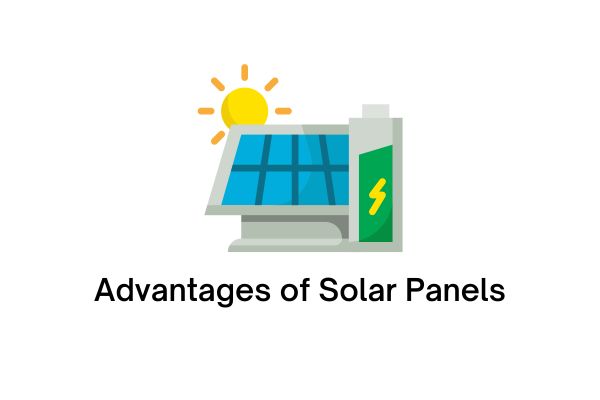There are many advantages of solar panels to produce electrical energy. By relying on clean and renewable solar energy, the use of solar panels can help reduce the carbon footprint and air pollution produced by fossil power plants.
Solar panels have become an increasingly hot topic of conversation, especially among people who are increasingly aware of the importance of switching to environmentally friendly and sustainable energy sources.
Awareness of the negative impacts of increasing use of fossil fuels, including global warming and climate change, has driven interest in energy alternatives such as solar panels.
With the application of this technology, it is hoped that it can accelerate the transition to a cleaner and more sustainable energy system, creating a better environment for future generations.
Daftar Isi
1. Multifunctional
Solar panels have tremendous advantages in terms of their multifunctionality. Not only does it act as a source of electricity, but it is also able to produce heat through solar thermal technology.
Solar thermal has various applications on a small scale, such as for space heating, water heating, and even swimming pool heating.
Thus, solar panels not only provide benefits in generating electricity, but also help in meeting heat needs efficiently in various contexts of daily use.
2. Can save electricity bills
The advantage of using solar panels to produce electrical energy which can be said to be very significant is the reduction in the burden of electricity bills that are usually incurred every month.
With this technology, energy can be produced independently through the process of converting sunlight into electricity.
Therefore, concerns about the potential for frequent increases in electricity rates can be minimized.
The implication is that dependence on conventional electricity sources, which often experience fluctuations in price and supply, can be reduced significantly.
Thus, solar panel users can experience freedom and independence in terms of energy supply, which indirectly impacts their financial stability and well-being.
3. Maintenance is more economical and simpler
Maintaining solar panels is a fairly easy and cost-effective task.
By regularly cleaning the panel surface and ensuring that there is no dust attached, we can ensure that the solar panels will continue to function optimally.
Its potential to last for a long period of time is also quite high, often reaching decades, as long as we take good care of it.
This shows how important regular maintenance of solar panels is so that they can continue to provide maximum benefits in the long term.
4. Environmentally Friendly
In the current era of environmental uncertainty, the use of solar panels has become a concrete step in preserving nature.
This solar panel technology not only provides benefits to its users, but also has a significant positive impact on the global ecosystem as a whole.
By adopting solar panels, we effectively reduce carbon emissions that contribute to increasingly worrying climate change.
Apart from that, the use of solar panels can also reduce dependence on fossil energy sources such as coal, which has long been the main trigger for air pollution and environmental damage.
This is very important, especially considering that some country has a high dependence on coal energy to meet its energy needs.
Thus, by choosing to use solar panels, we are not only investing in a more sustainable future, but also taking an active role in preserving nature for future generations.
5. Be a backup when the sky is cloudy or at night
Solar panels have the unique ability to collect and store solar energy in batteries, so that this resource can be used efficiently even when the sky is cloudy or night falls.
With this technology it will remain bright even during a power outage, offering greater reliability in electricity supply.
It also helps reduce dependence on the public electricity grid, providing greater energy freedom for building owners.
So, those are some of the advantages of using solar panels to produce electrical energy.
With these various advantages, it can be concluded that solar panels have the potential to become an energy source that must be developed for the future.
Read Also:
